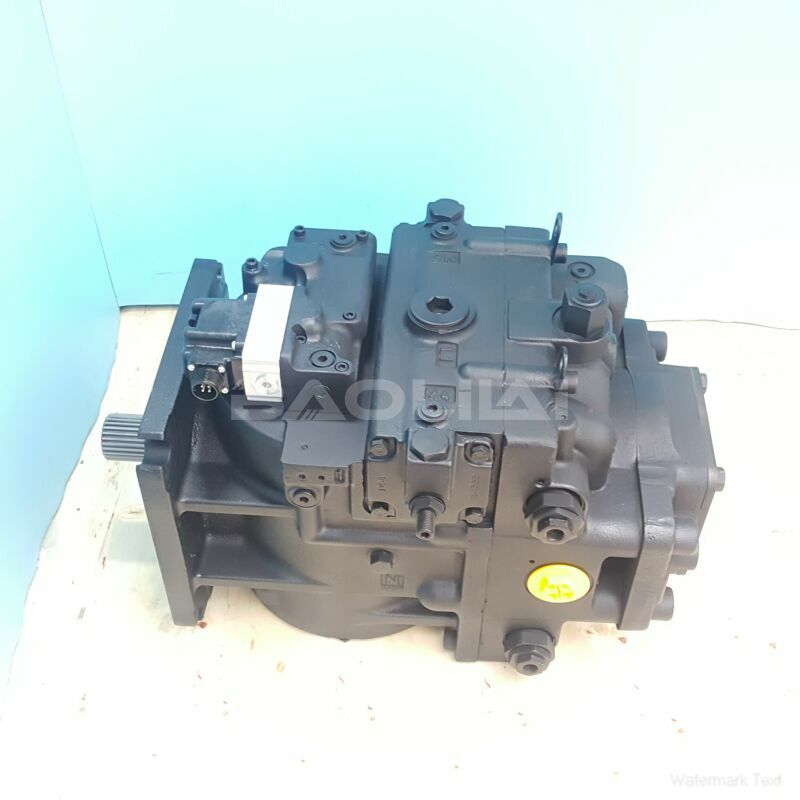90R055MA1AB60S3S1C02GBA424224 hydraulic pump
90R055MA1AB60S3S1C02GBA424224 hydraulic pump

- Product Details
- Applicable Scene
Hydraulic pumps play a crucial role in the efficient operation of fluid systems within water treatment plants. As vital components of fluid power systems, these pumps are responsible for moving water and various treatment chemicals, ensuring effective fluid circulation and transfer throughout the facility. Understanding the functionality and significance of hydraulic pumps in this context highlights their contribution to enhancing water treatment processes.
90-R-055-MA-1-AB-60-S-3-S1-C-02-GBA-42-42-24
90R055MA1AB60S3S1C02GBA424224
One of the primary functions of hydraulic pumps is to convert mechanical energy into hydraulic energy, facilitating the movement of fluids. In water treatment plants, these pumps are essential for transferring raw water from sources, such as rivers or reservoirs, to treatment facilities. Once water enters the plant, hydraulic pumps circulate it through various treatment stages, including sedimentation, filtration, and disinfection. This continuous circulation is vital for maintaining optimal performance and ensuring the removal of impurities, pathogens, and other contaminants.

9421848C
Different types of hydraulic pumps, such as gear pumps, vane pumps, and piston pumps, are utilized in water treatment applications. Each type has its advantages depending on the specific needs of the plant. For instance, gear pumps are known for their ability to handle viscous fluids, making them suitable for transferring sludge or sludge-like materials. On the other hand, piston pumps are often favored for high-pressure applications, ensuring that water is effectively propelled through the treatment stages.
The efficiency of hydraulic pumps directly impacts the overall energy consumption of the water treatment process. In recent years, advancements in technology have led to the development of energy-efficient hydraulic pumps, which help reduce operational costs and minimize environmental impact. By selecting the right pump and optimizing its performance, water treatment plants can achieve significant energy savings while maintaining high levels of water quality.





